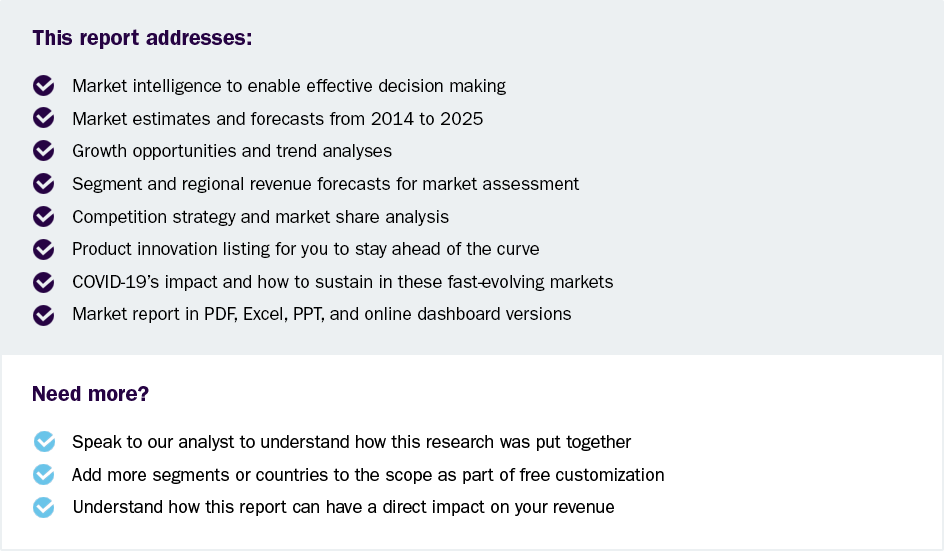Exotic Pets Market Size To Reach $3.21 Billion By 2033
Exotic Pets Market Growth & Trends
The global exotic pets market size is expected to reach USD 3.21 billion by 2033, registering a CAGR of 8.1% from 2026 to 2033, according to a new report by Grand View Research, Inc. The market is expanding due to increasing consumer interest in unique and non-traditional companion animals. Rising urbanization has led many individuals to seek pets that require less space and offer novelty. Millennials and Gen Z consumers strongly prefer reptiles, amphibians, birds, and small mammals as alternatives to conventional pets. Social media platforms have amplified the visibility of exotic pets, influencing ownership trends across urban and semi-urban regions. As a result, demand is growing steadily, particularly in North America, Europe, and parts of Asia Pacific.
Improved access to specialized veterinary services and exotic pet care products supports market expansion. Veterinary clinics and pet stores increasingly cater to exotic species with tailored services, diets, and habitat supplies. Online platforms are playing a major role in educating potential owners and offering products that meet the specific needs of these animals. Developing species-specific nutrition and medical care has strengthened consumer confidence in maintaining exotic pets. This increased accessibility has contributed to these animals' broader acceptance and appeal among pet enthusiasts.
Changing lifestyle preferences and emotional well-being contribute to exotic pets' popularity. People seek companionship that aligns with their personalities and living environments, often choosing pets that reflect individual expression. The therapeutic benefits of observing and interacting with exotic animals drive interest in species such as turtles, geckos, and parrots. Growing disposable incomes and the humanization of pets further encourage consumers to invest in non-traditional species. These trends will sustain demand and fuel market growth through the forecast period.
 Request a free sample copy or view report summary: Exotic Pets Market Report
Request a free sample copy or view report summary: Exotic Pets Market Report
Exotic Pets Market Report Highlights
-
Pharmaceuticals segment dominated the market with the largest revenue share of 69.51% in 2025. The segment is comprised of anti-inflammatories, parasiticides, antibiotics, non-steroidal anti-inflammatory drugs (NSAIDs) and other drugs
-
Small mammals segment dominated with the largest revenue share in 2025, driven by urbanization, changing lifestyles, and a growing preference for compact and low-maintenance pets.
-
Oral segment held the largest revenue share in 2025, owing to its ease of use and efficiency, particularly for exotic pets such as reptiles, birds, and small mammals.
-
Bacterial infection segment dominated the market in 2025. Bacterial infections in exotic companion animals are commonly caused by poor husbandry, stress, or exposure to infected animals, leading to respiratory, gastrointestinal, skin, and systemic diseases
-
North America exotic pets market dominated with the largest revenue share of 50.02% in 2025. The market is driven by urban lifestyles and increased exposure to exotic species through social media increasing pet ownership preferences
Exotic Pets Market Segmentation
Grand View Research has segmented the global exotic pets market report based on product, animal, route of administration, indication, distribution channel, and region:
Exotic Pets Product Outlook (Revenue, USD Million, 2021 - 2033)
-
Pharmaceuticals
-
Parasiticides
-
Antibiotics
-
Non-Steroidal Anti-Inflammatory Drugs (NSAIDs)
-
Others
-
-
Nutritional Supplements
Exotic Pets Animal Outlook (Revenue, USD Million, 2021 - 2033)
-
Small Mammals
-
Birds
-
Reptiles
-
Others
Exotic Pets Route of Administration Outlook (Revenue, USD Million, 2021 - 2033)
-
Oral
-
Injectable
-
Topical
Exotic Pets Indication Outlook (Revenue, USD Million, 2021 - 2033)
-
Bacterial infection
-
Parasitic infection
-
Orthopedic diseases
-
Others
Exotic Pets Distribution Channel Outlook (Revenue, USD Million, 2021 - 2033)
-
Veterinary Hospitals & Clinics
-
E-commerce
-
Retail
Exotic Pets Region Outlook (Revenue, USD Million, 2021 - 2033)
-
North America
-
U.S.
-
Canada
-
Mexico
-
-
Europe
-
UK
-
Germany
-
France
-
Italy
-
Spain
-
Denmark
-
Sweden
-
Norway
-
-
Asia Pacific
-
Japan
-
China
-
India
-
Australia
-
Thailand
-
South Korea
-
-
Latin America
-
Brazil
-
Argentina
-
-
Middle East & Africa
-
South Africa
-
UAE
-
Saudi Arabia
-
Kuwait
-
Qatar
-
Oman
-
List of Key Players in the Exotic Pets Market
-
AdvaCare Pharma
-
VETARK (Candioli Srl)
-
Vetafarm
-
Mazuri
-
Versele Laga
-
CROCdoc (a sister company of The Birdcare Company)
-
Zoetis Inc.
-
Merck & Co., Inc
-
Vetnil
-
Pet King Brands

